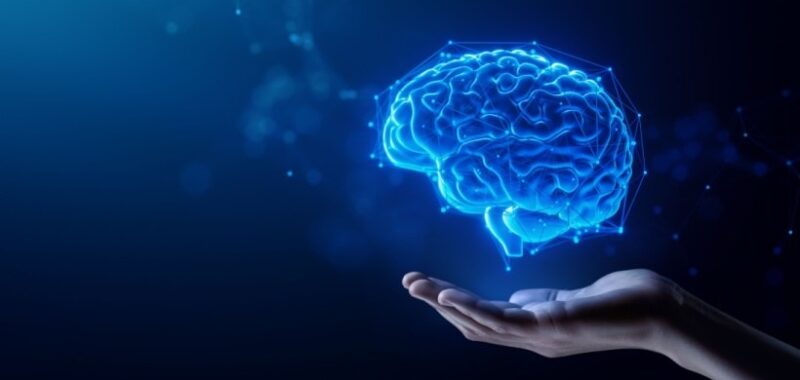The Convergence Of Perpetual Progress And Organic Learning
In an era where Artificial Intelligence (AI) reshapes the boundaries of human potential, incognito learning emerges as a natural expression of extropian principles. This synthesis of Max More’s dynamic optimism and organic learning philosophy offers a compelling framework for human development that embraces both technological advancement and fundamental human nature.
Where Natural Learning Meets Perpetual Progress
Max More, philosopher and futurist, introduced the principles of extropy in 1990, providing a framework for understanding human advancement that transcends traditional limitations. His work revolutionized discussions around human progress by promoting an optimistic, technology-positive philosophy that emphasizes continuous improvement, rational thinking, and human agency. Unlike traditional transhumanist approaches that sometimes subordinate human nature to technological advancement, More’s principles establish a balanced vision of progress that resonates powerfully with organic learning methodologies. These principles—including perpetual progress, self-transformation, practical optimism, intelligent technology, spontaneous order, and dynamic optimism—provide a robust theoretical foundation for understanding how human learning can evolve alongside technological advancement.
What if the rise of Artificial Intelligence isn’t threatening human learning, but instead revealing its true nature?
As AI systems master explicit knowledge at breathtaking speed, a deeper truth emerges about human learning. The mechanical transfer of information–long mistaken for true learning–crumbles before algorithms that can absorb libraries in seconds. Yet in this apparent crisis lies an opportunity to rediscover what makes human learning uniquely powerful: its organic, experiential nature.
Incognito Learning And Extropian Principles
This is where incognito learning steps into the spotlight, finding its perfect companion in the extropian principles outlined by philosopher Max More. At its heart, incognito learning reflects the extropian spirit of endless possibility. Like a river finding its path, knowledge flows through natural channels of experience and interaction. This organic process thrives alongside technological advancement, creating a dance between human wisdom and Artificial Intelligence. The magic happens in real-world moments–in the spark of insight during a challenging project, in the subtle exchange of ideas between colleagues, in the quiet reflection after solving a complex problem.
These natural learning experiences carry the DNA of More’s extropian principles: self-directed growth, practical optimism, and boundless expansion of human potential. Where traditional education tries to pour knowledge into passive vessels, incognito learning recognizes that true understanding bubbles up from active engagement with real challenges and authentic experiences.
The Role Of Technology In Supporting Extropian Principles
Technology enters this picture not as a replacement for human learning, but as a garden trellis supporting natural growth. AI tools enhance our capabilities while preserving the essential human elements that make learning meaningful. They create spaces where curiosity can flourish and understanding can deepen, all while maintaining the organic nature of discovery.
This synthesis creates learning environments where knowledge spreads like wildfire through networks of shared experience. Ideas cross-pollinate naturally, feeding an ecosystem of continuous growth. Instead of rigid training programs, learning flows through authentic work experiences, meaningful conversations, and spontaneous collaboration. The result is a learning landscape as rich and varied as nature itself.
The extropian principle of self-direction finds its home in incognito learning’s emphasis on personal agency. Learners chart their own courses, guided by curiosity and practical needs rather than predetermined paths. This natural navigation allows for deeper, more lasting understanding; the kind that transforms not just what we know, but who we become.
As we sail into increasingly technological waters, this framework offers a compass for maintaining our humanity while embracing progress. It suggests that our greatest advances will come not from replacing human learning with Artificial Intelligence, but from creating environments where both can flourish together. The future of learning lies not in choosing between human and machine, but in weaving them together in ways that enhance our essential nature.
Conclusion
In this vision, learning becomes as natural as breathing–constant, life-giving, and essential to human flourishing. It’s a future where technology amplifies our capacity for growth while preserving the joy of discovery, the wisdom of experience, and the power of human connection. Far from diminishing human learning, AI helps reveal its true character: organic, social, and deeply entwined with lived experience.
This marriage of incognito learning and extropian principles lights the way forward. It shows us how to embrace technological progress while staying true to our human core, creating a future where learning flows as naturally as time itself, enriched by technology but forever rooted in human experience. Perhaps the real question isn’t whether AI will replace human learning, but whether it will finally help us understand what human learning has been all along.

Apposite Learning Solutions
Apposite is a trusted strategic learning services partner to organizations that are committed to empowering their employees and creating a learning culture that is aligned with business outcomes.

